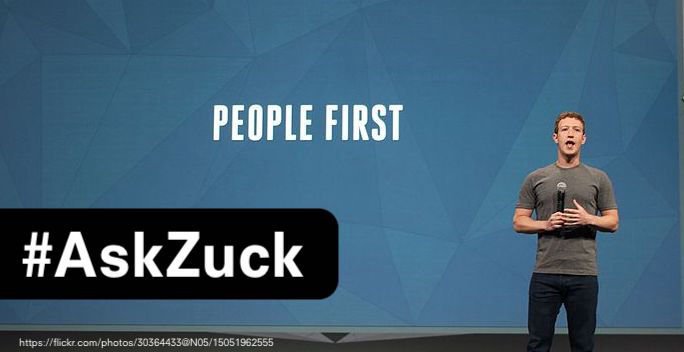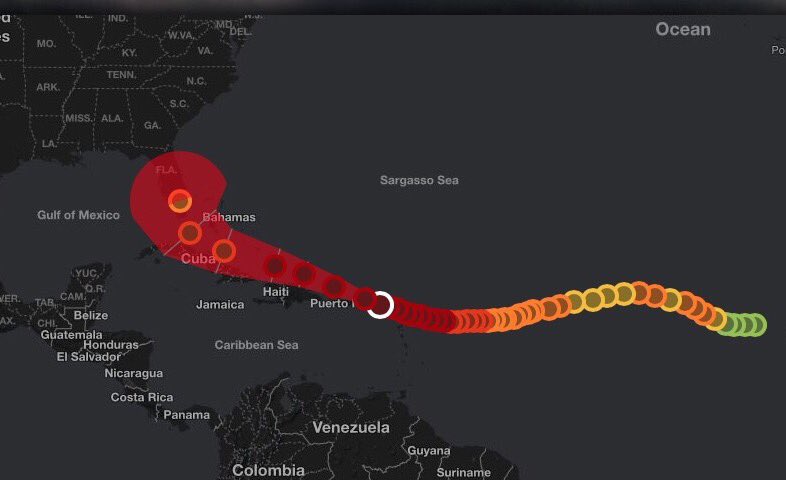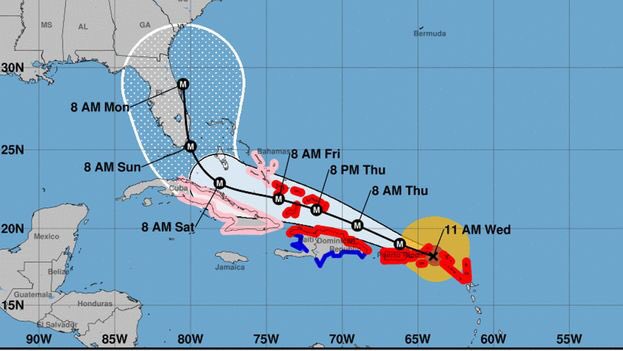Echoing her piece in Sojourners right now: sojo.net/articles/you-m…
Altiraifi: Do not flatten the identities of women of color, we’re not a monolith. We have different ideas and tactics. We are many communities.
Twitter may remove this content at anytime, convert it as a PDF, save and print for later use!

1) Follow Thread Reader App on Twitter so you can easily mention us!
2) Go to a Twitter thread (series of Tweets by the same owner) and mention us with a keyword "unroll"
@threadreaderapp unroll
You can practice here first or read more on our help page!



